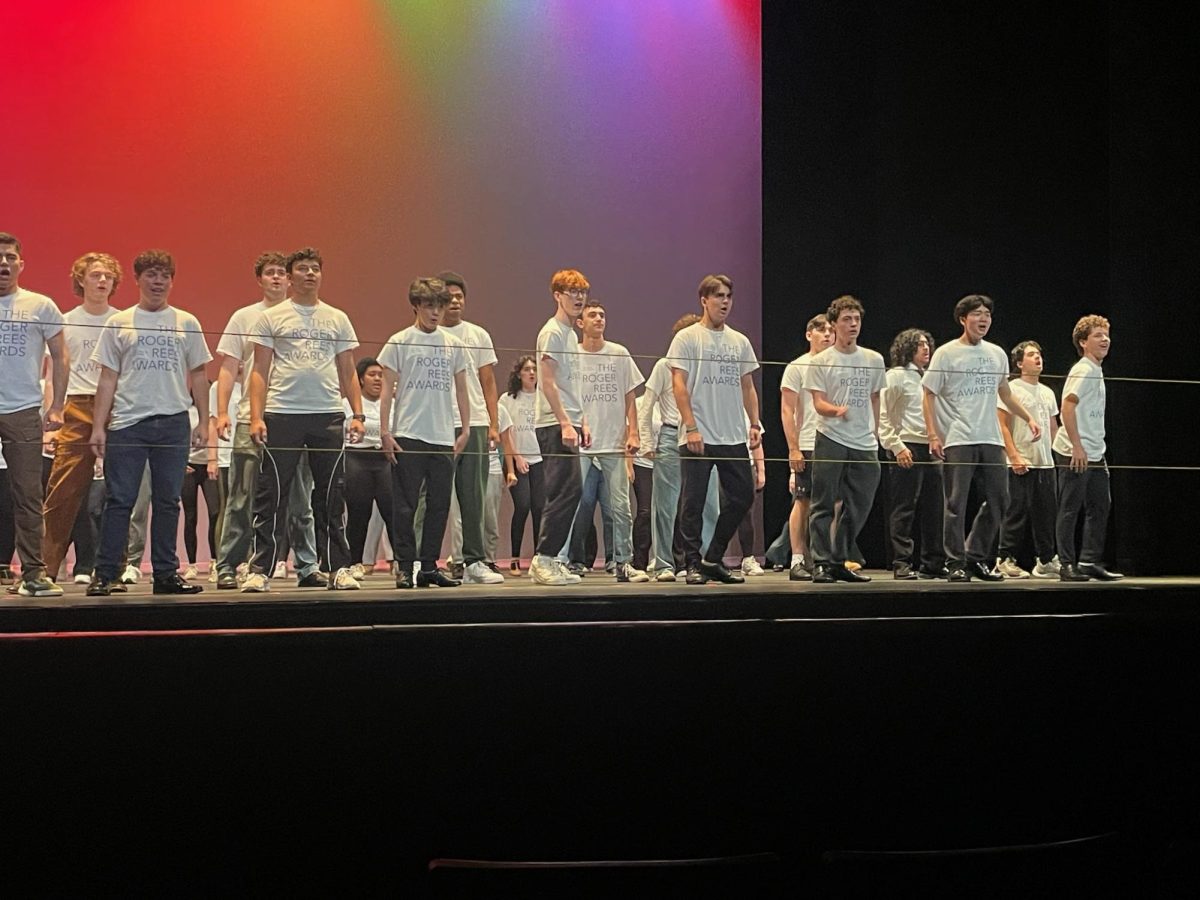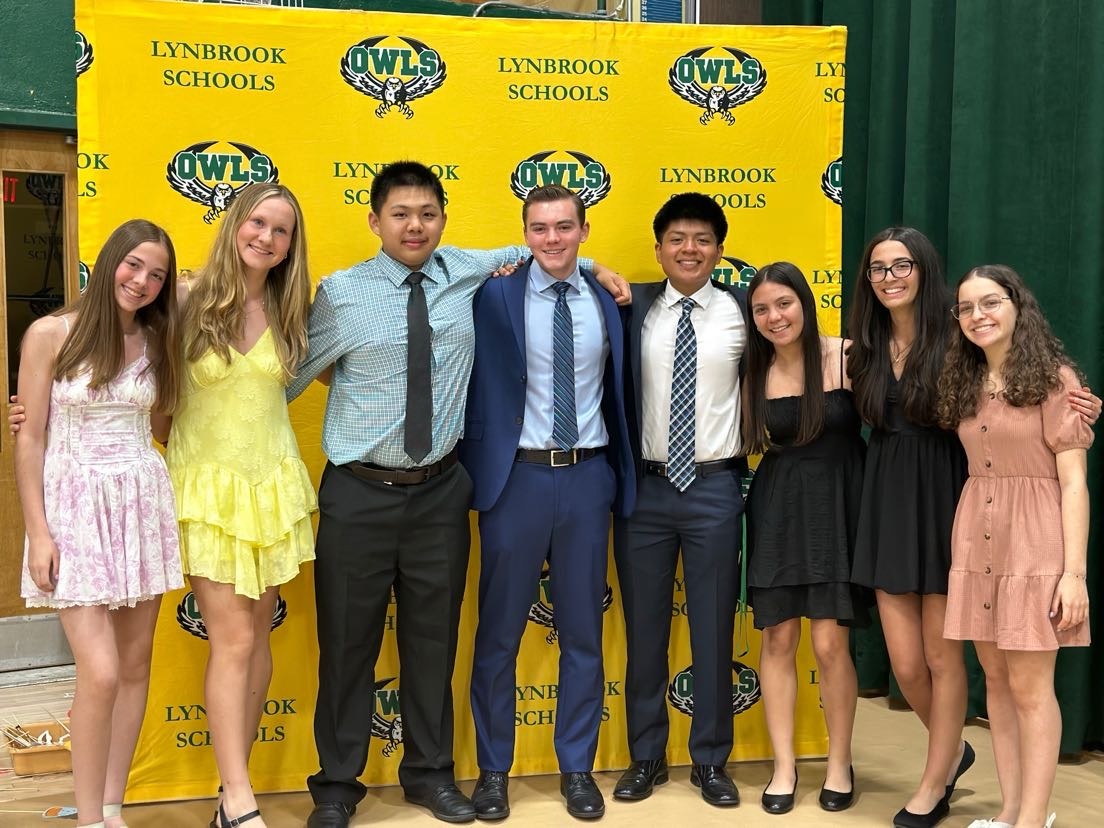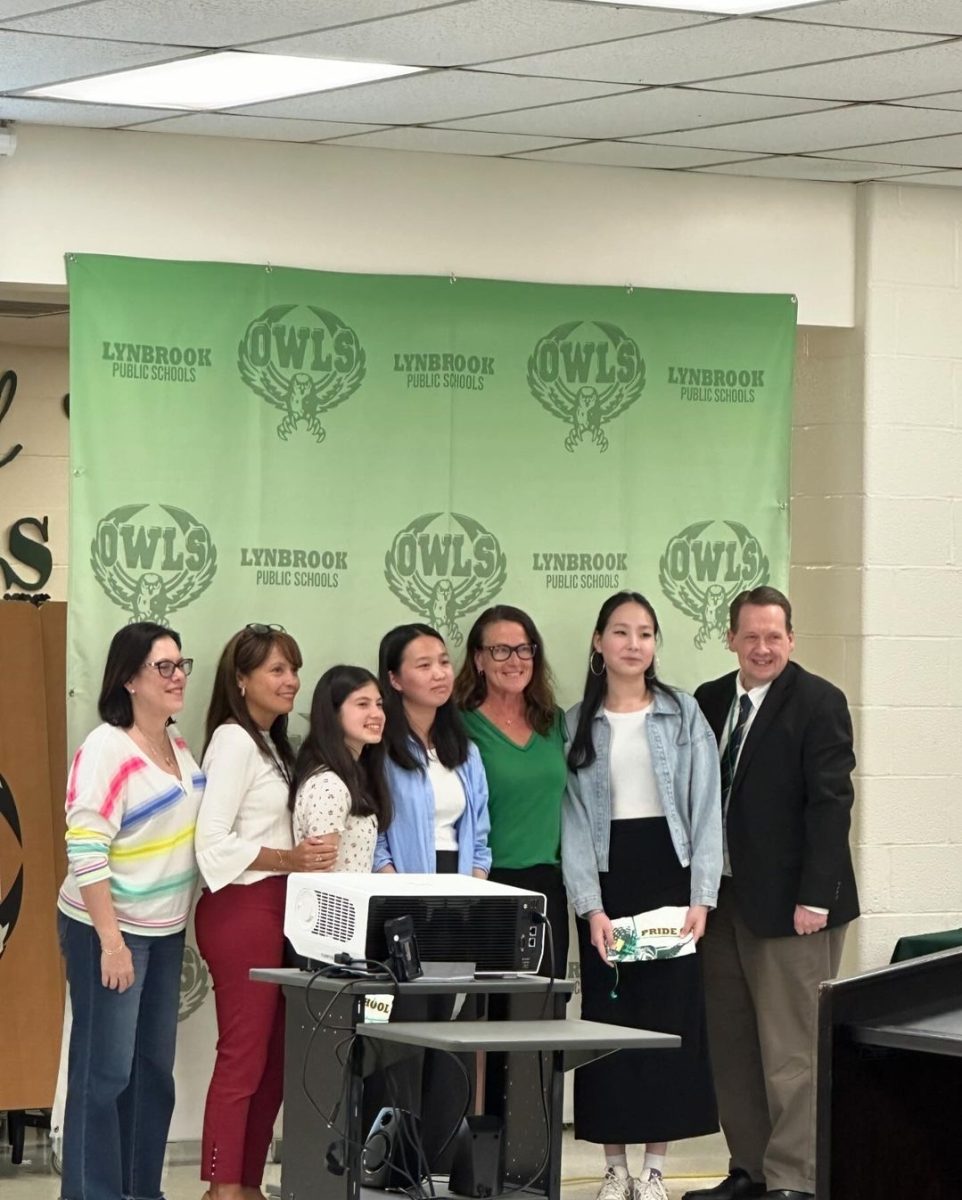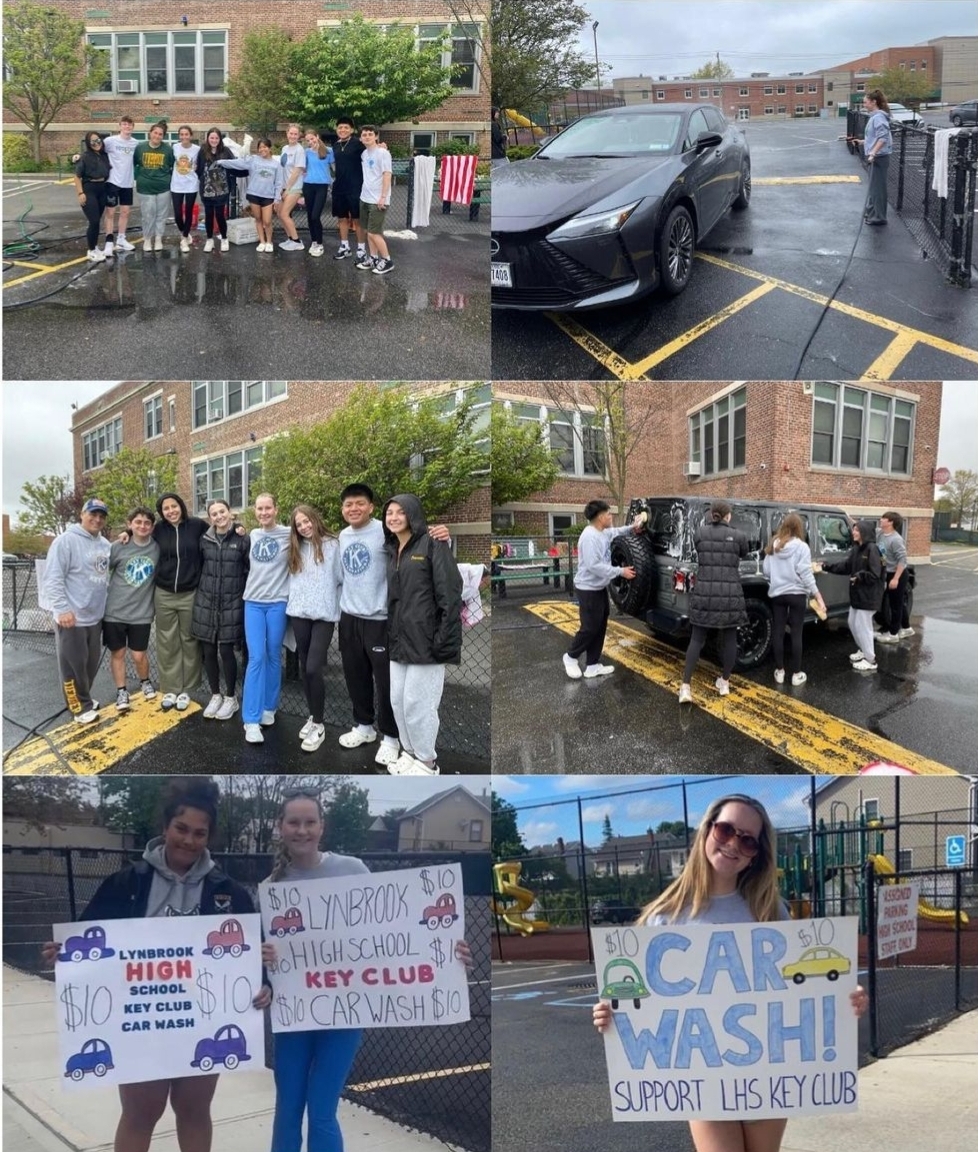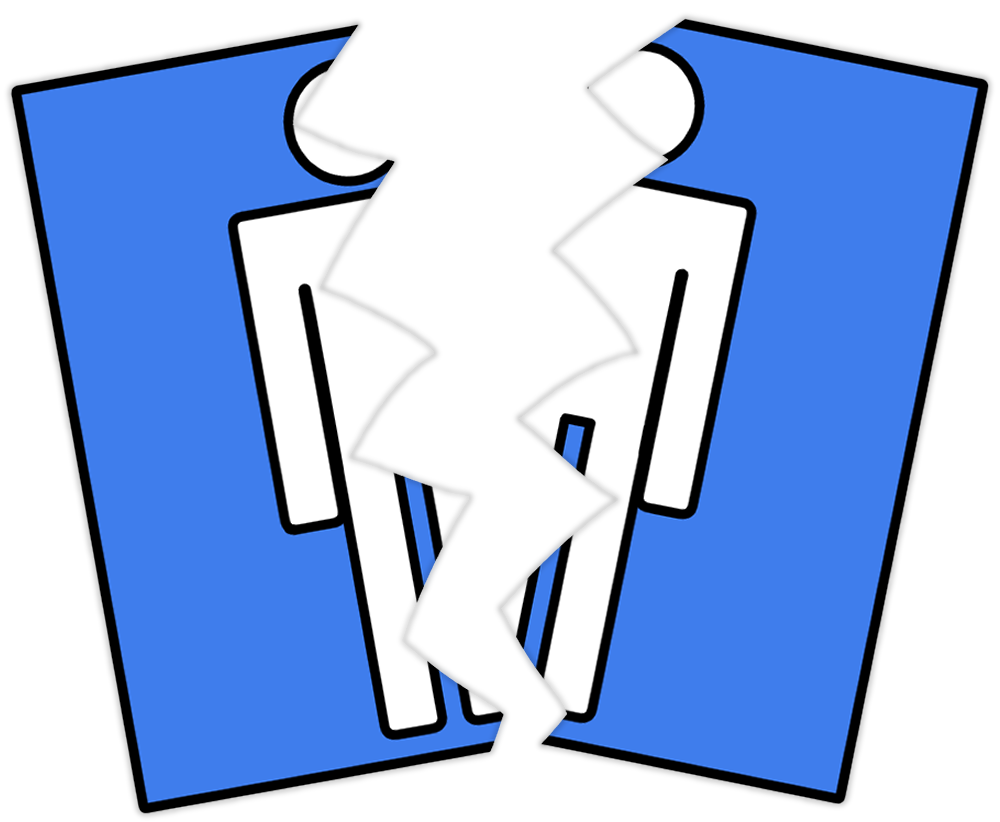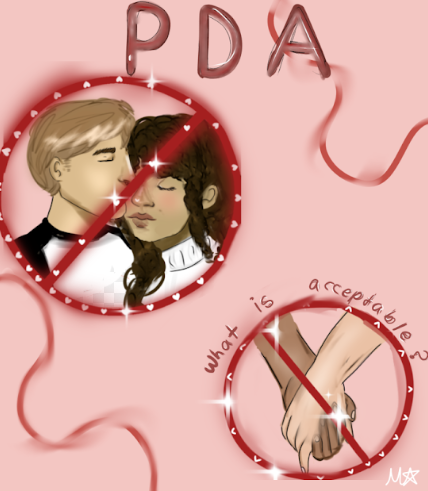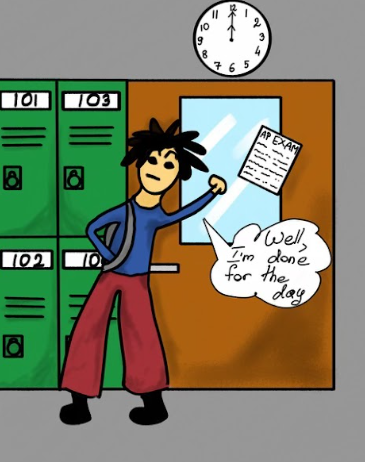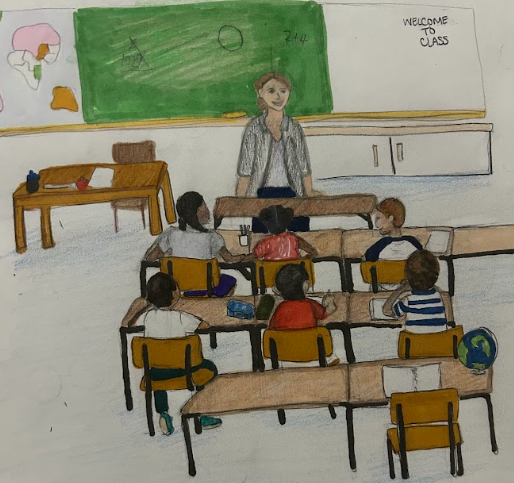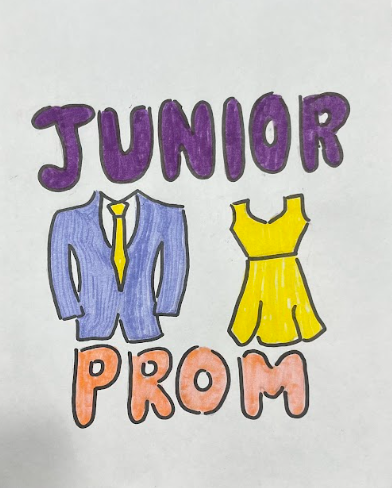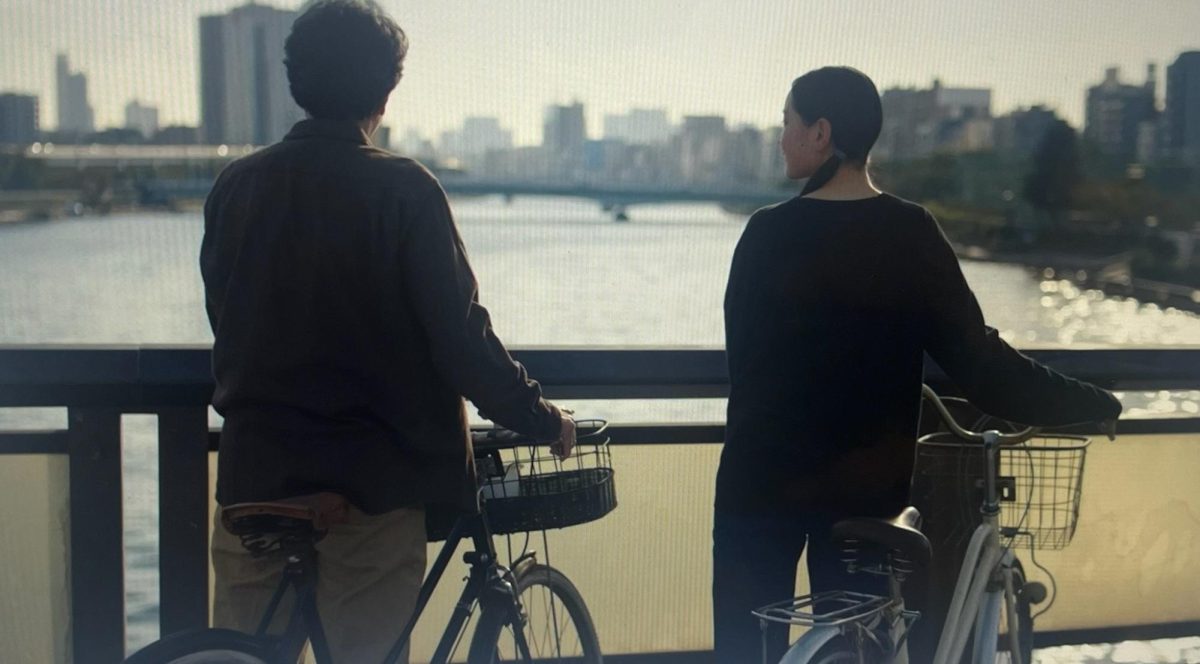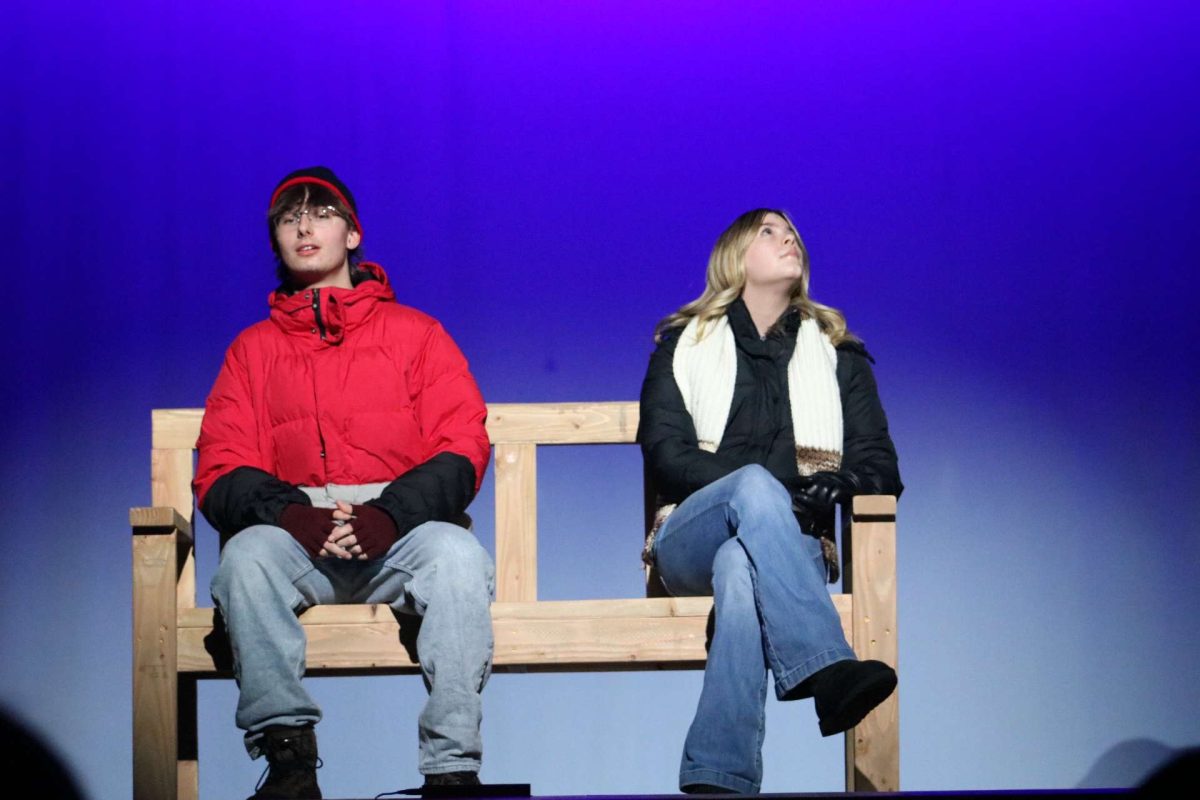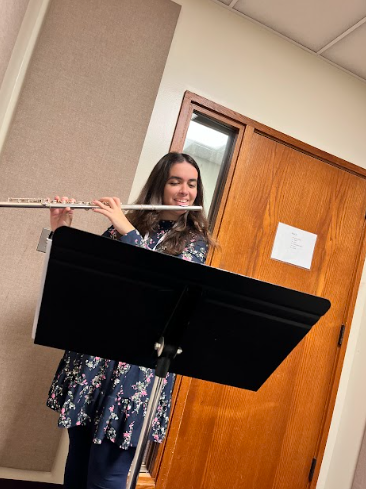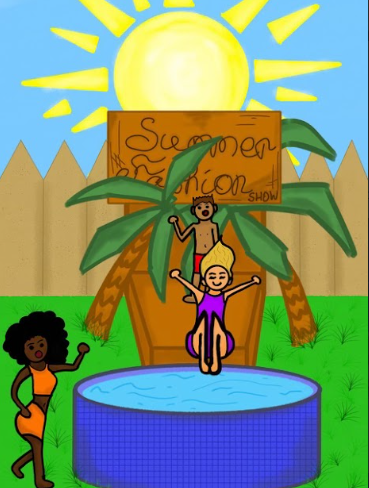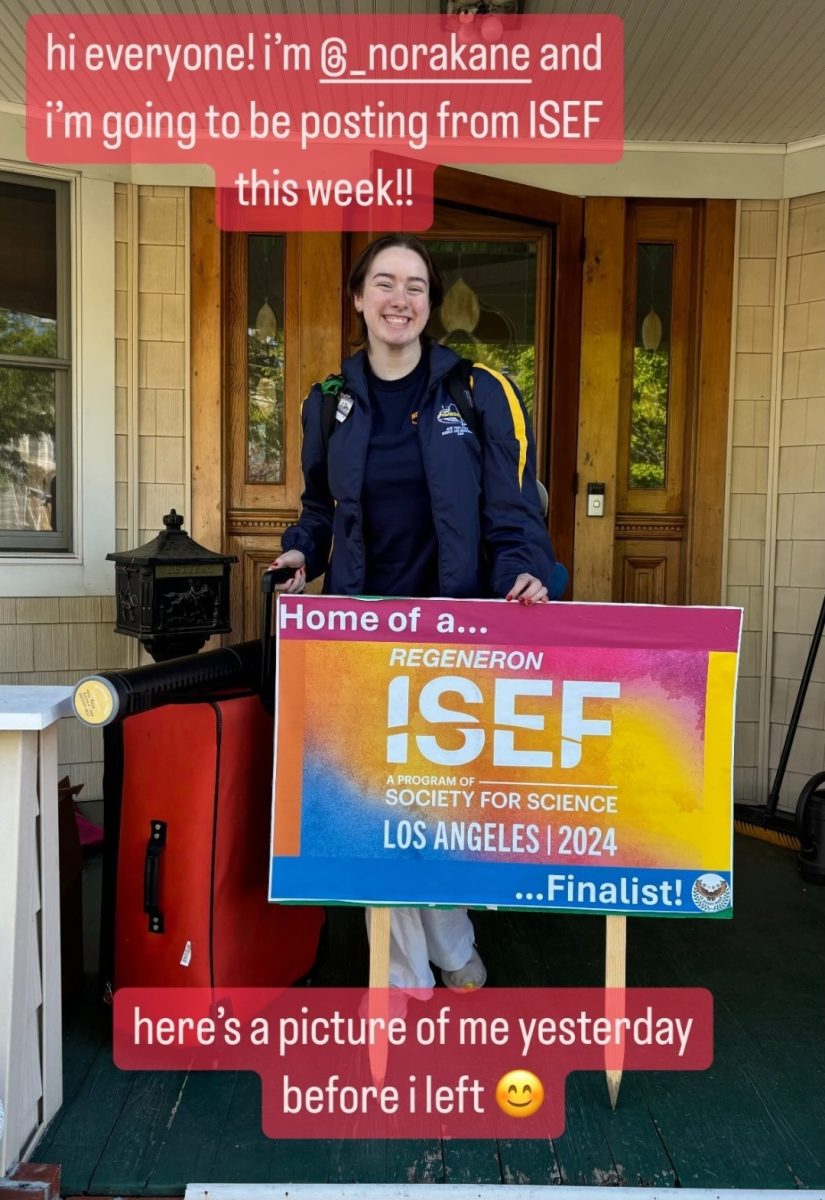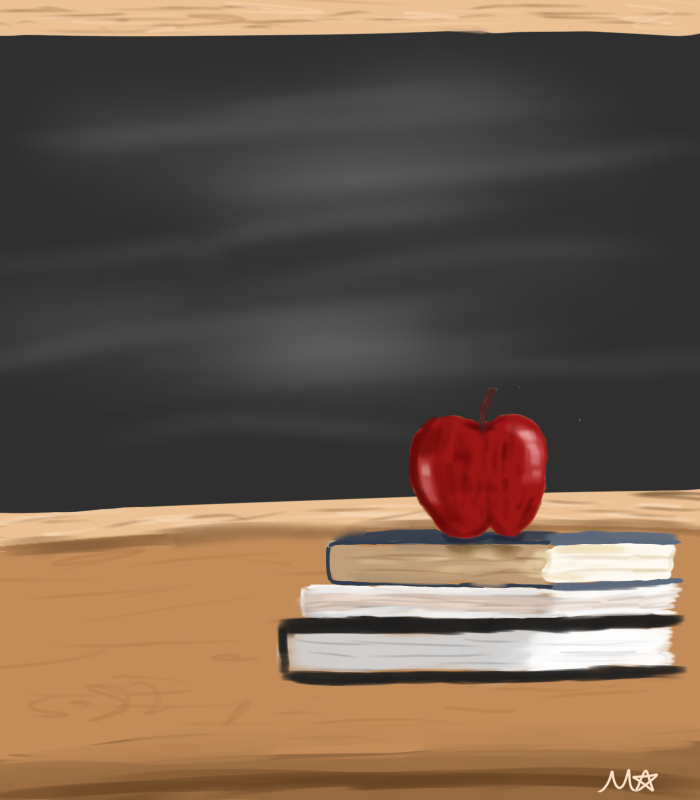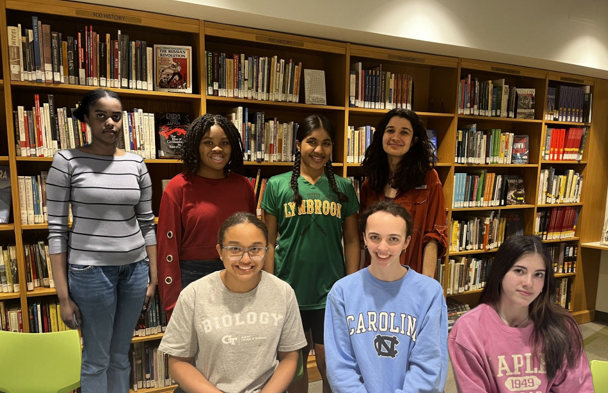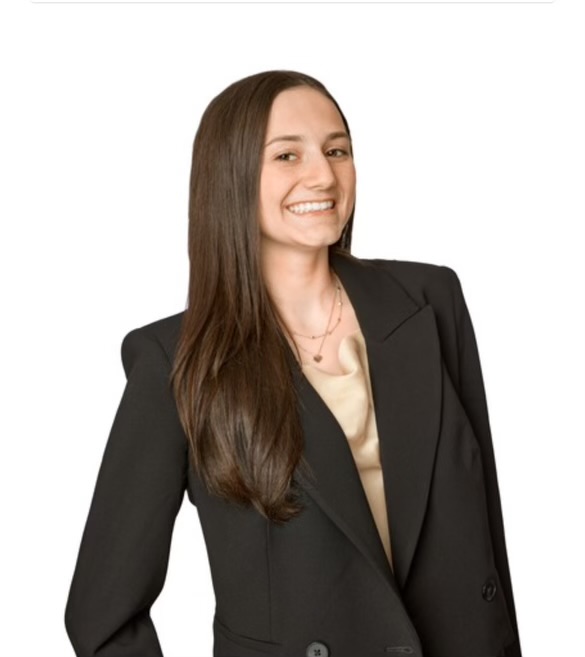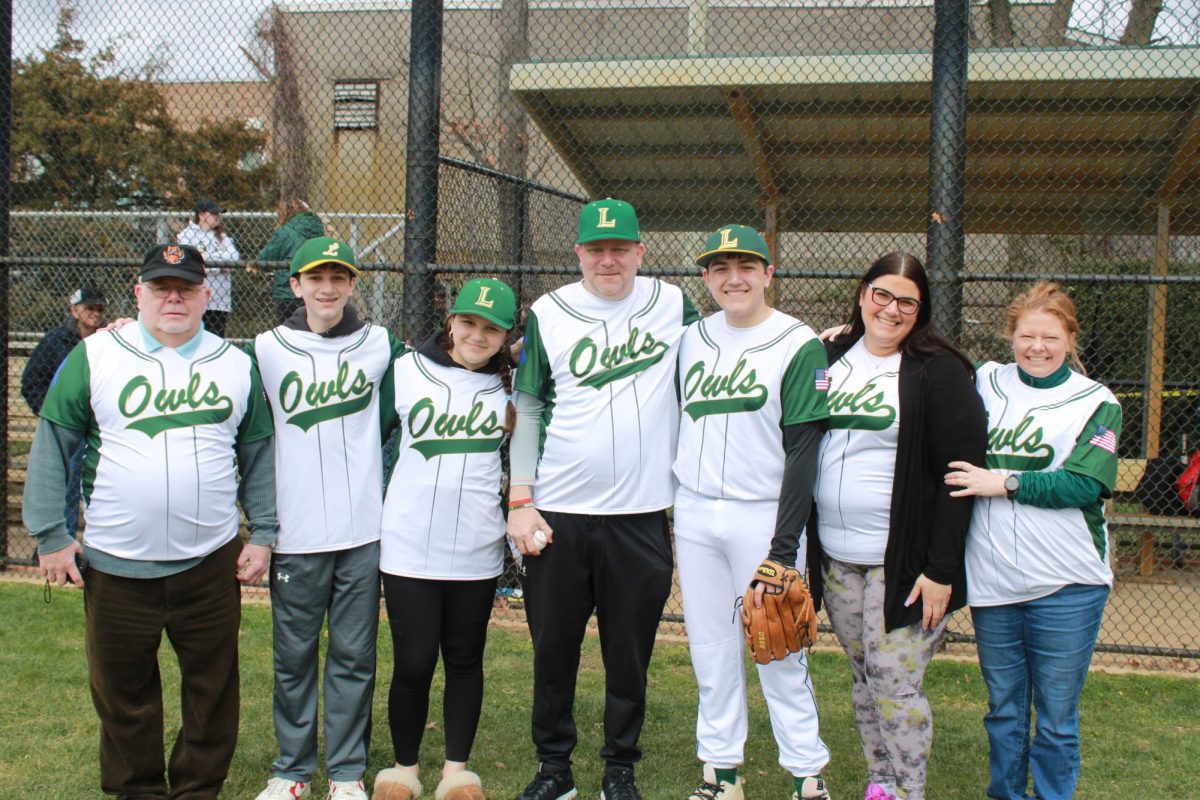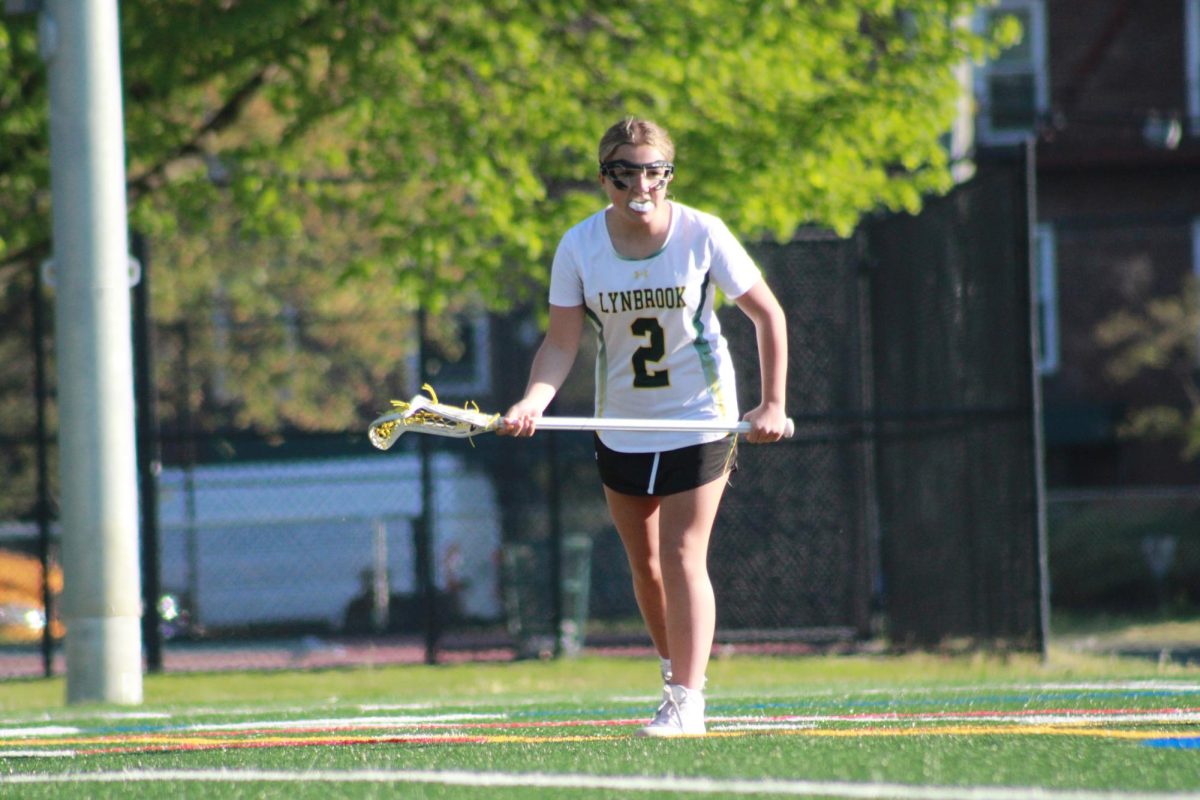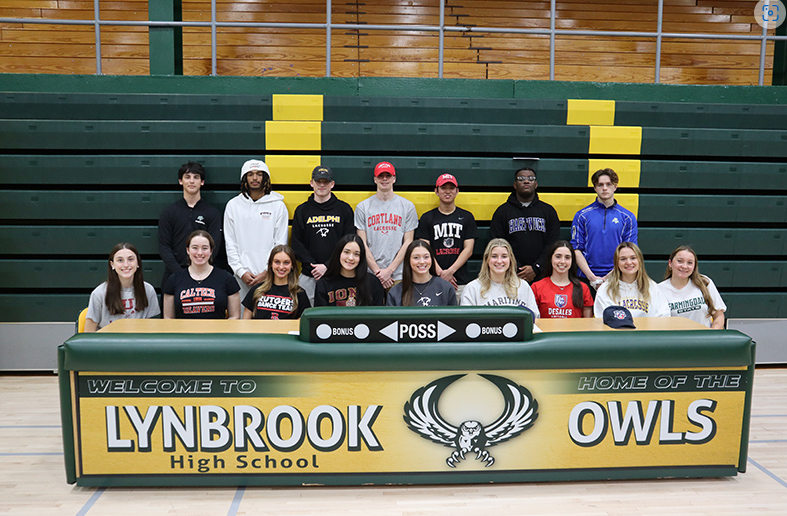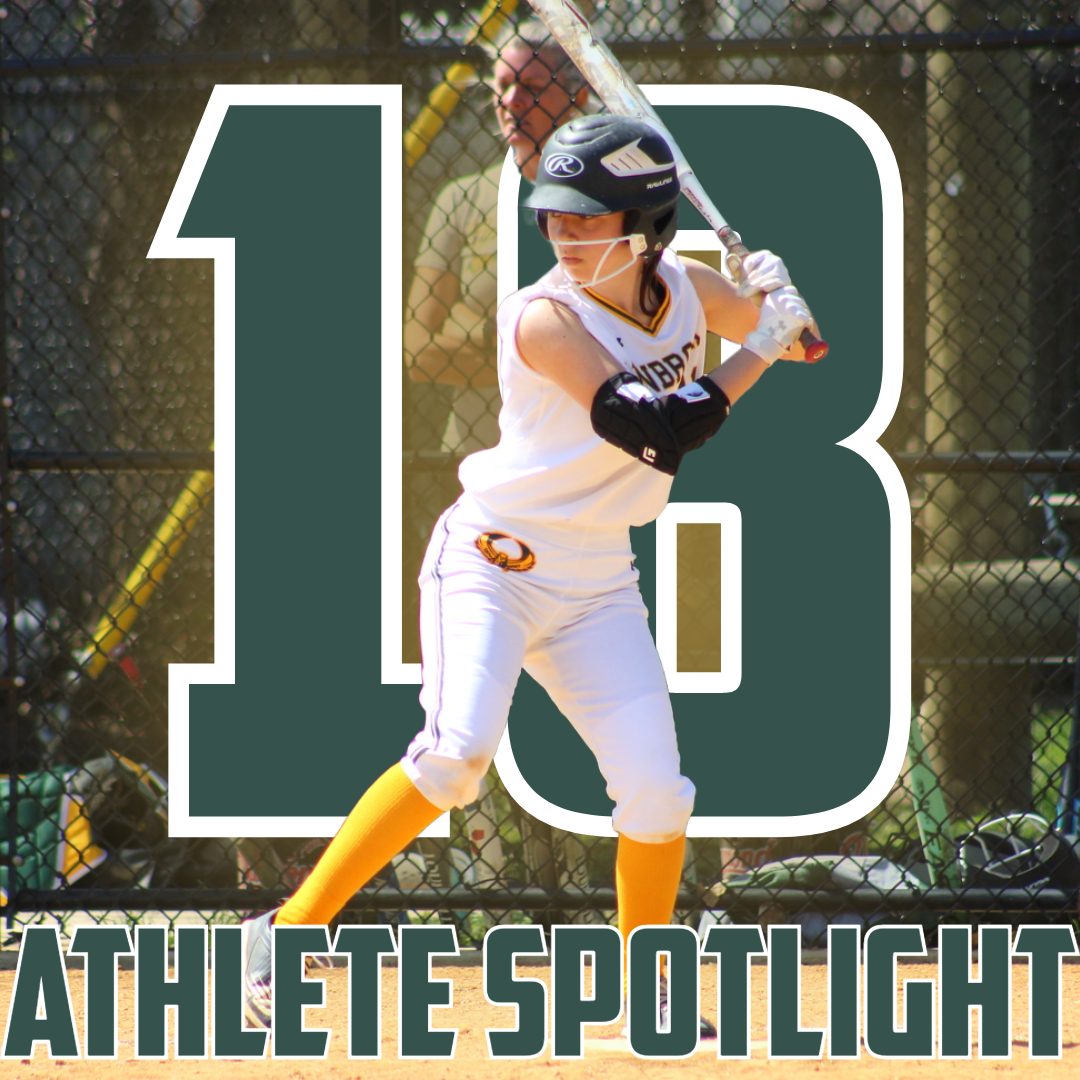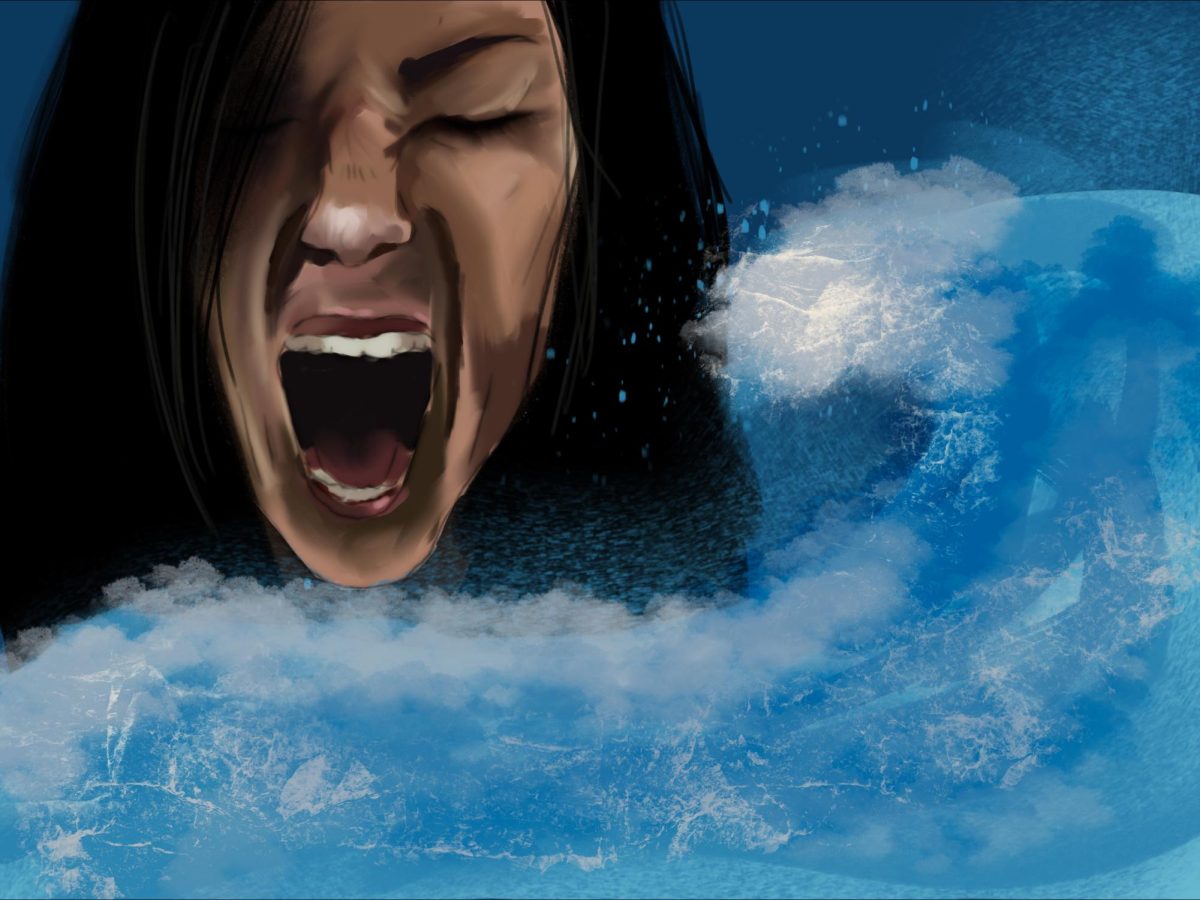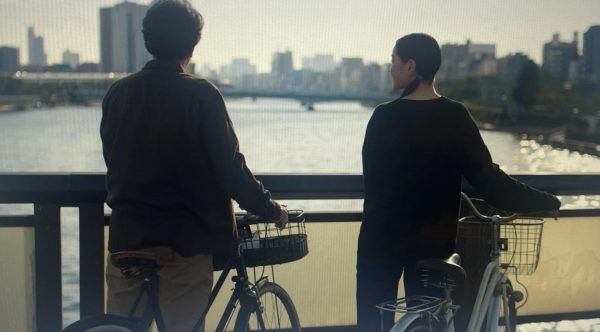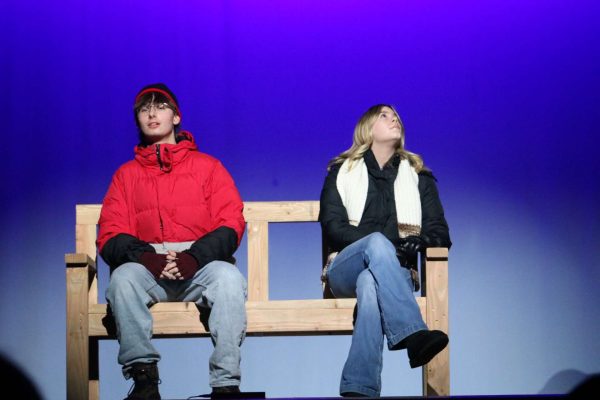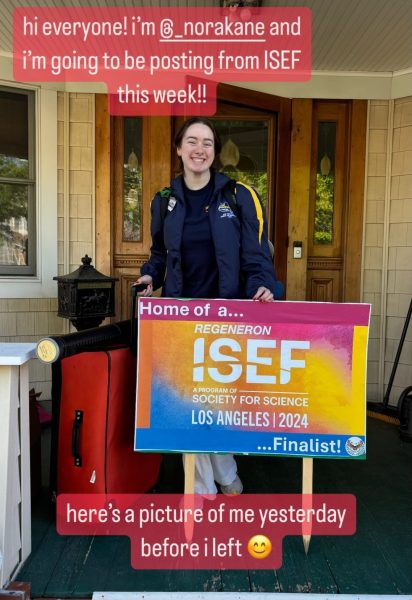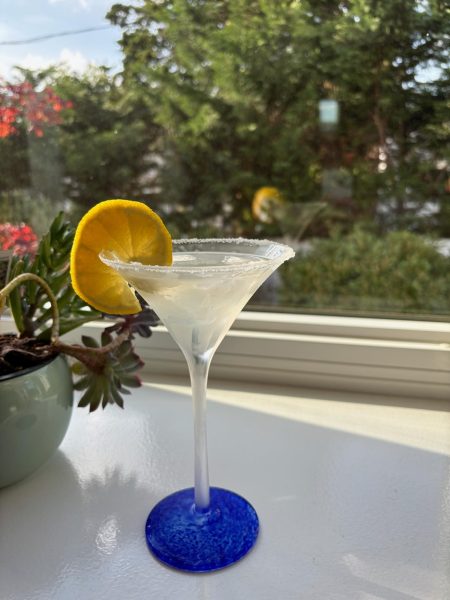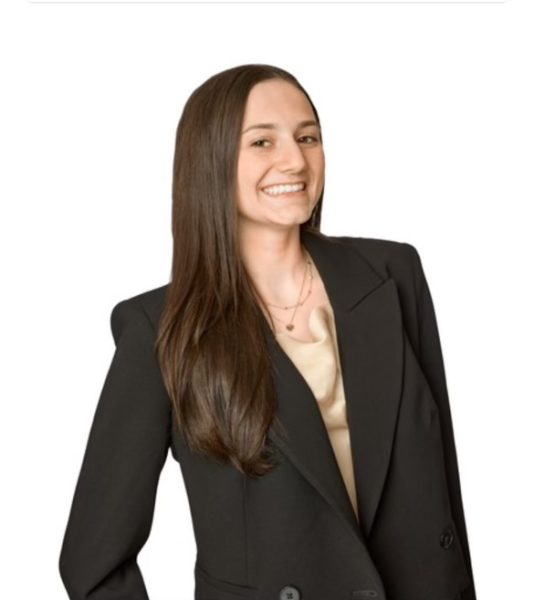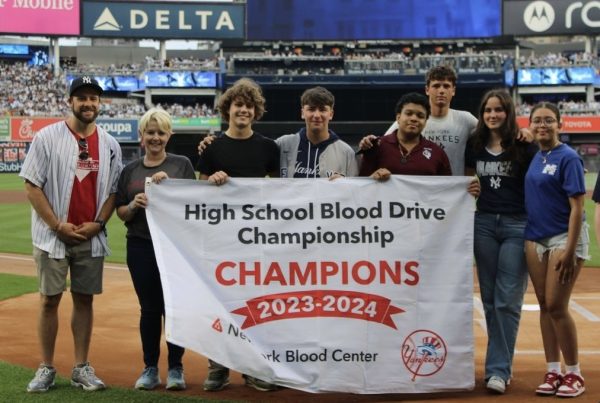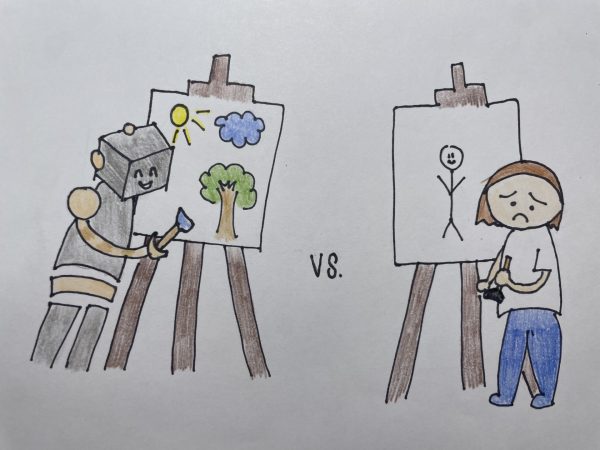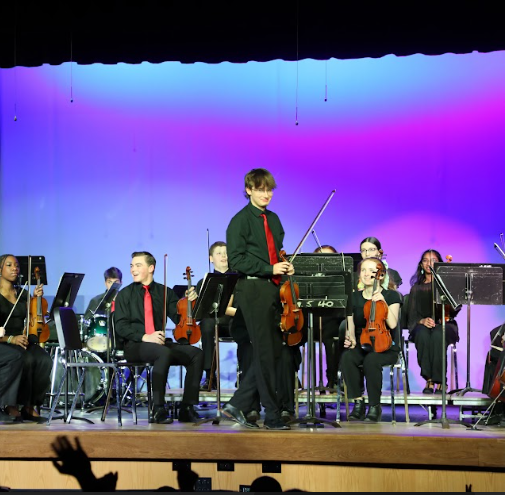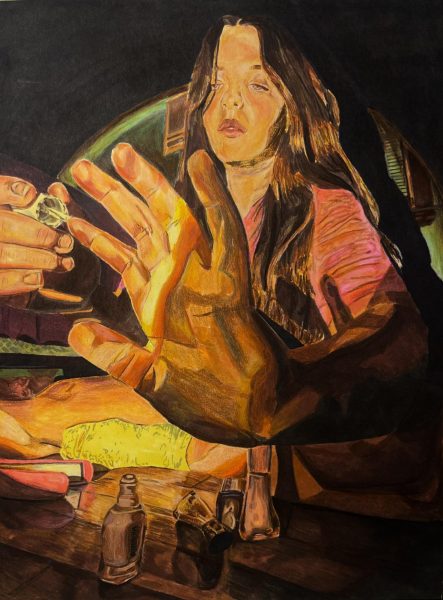The Show Can’t Go On: The Broadway Shutdown (Q&A)
A Q&A with Quentin Hebda, a swing electrician and spotlight operator for the Broadway musical Aladdin
The COVID-19 pandemic has caused several large industries to close their doors to the public. One of the most unfortunate of these closings has been the shutdown of Broadway. Broadway has been shut down since the beginning of March and will not be open until May 2021 at the earliest. This leaves thousands of people without a job, having to quickly attain a stable source of income for an untold number of months. Quentin Hebda, a swing electrician and spotlight operator for the Broadway musical Aladdin, was able to give his perspective on the shutdown and his experience working in a field that has suffered tremendous deficits. This in-depth interview will elicit some of the many struggles of Broadway and the theater industry during this time.
Q: What specifically did you do on Aladdin?
A: My title on the show Aladdin is swing electrician/spotlight operator. My responsibilities include knowing the entire lighting system for the show. I have to know how the “rig” works: How to start it up, shut it down, and how to maintain all of the equipment. I’m also responsible for maintaining all of the other lights that you see in the house. The basic rule of thumb is if it lights up, it is my job. While the show is going on, depending on the night and what I am there to be doing, I could be running one of the three spotlights or back behind the stage, running around helping change scenery, or other various tasks. There are several different aspects of the show beyond lighting that I have to look after as well. For example, I need to make sure that batteries are charged and ready for moving set pieces in the show, that the various foggers have the fluids and the batteries that they need to function, [and] that the pyrotechnics hidden in the floor of the deck are loaded and armed for the show. I make sure that the confetti cannons are loaded and filled with the precise amount of air pressure to fire them into the crowd and not hit the lights above and load the number of different genie lamps used in the show with their pyrotechnic device. It’s a long list and a good stagehand will always be a little bit paranoid, they like to say, but having the size of the crew that a show like Aladdin has makes things run smoothly for eight shows a week.
Q: What got you into the theater industry? What made you want to pursue this career?
A: This one’s easy. My dad got me into theater a long time ago, while I was still little. He loved theater, but most of all, my dad enjoys telling stories and acting them out. The guy is so talented at it that he and my mother have written original plays for my elementary school for the past fifteen years, each year writing a completely original piece and putting it on for the school with a cast of seventh and eighth graders. During their first year to put on a show back in 2005, I was one of the eighth graders in the show.
That carried on into high school, and I got really into building the sets and the inner workings of everything. I liked how polished the set looked from the house and how all the guts were showing from the back of the stage. My first project was to construct four wooden toilets on a rolling set piece with a foot pedal that would raise all four toilet lids at once. I went to Rhodes College in Memphis, Tennessee, and was all-in on theater by that point. I had my hands all over every show from a production standpoint, and it became who I was. People started to know me for doing this, and it became my pursuit. I ended up working for various theaters around Memphis after school as a lighting designer and production person. The only thing missing in that situation was an experienced group of professionals that I could learn from. A lot of my jobs in Memphis were just me, and that gets to be a drag. I made up my mind to move to New York and start as small as I could and work my way up to Broadway. Fast-forward a lot of poorly paid, laborious, and demanding jobs later, and I’m working in Broadway houses.
Q: Any tips for people who want to pursue the Broadway industry?
A: The best tip I can offer you is to be selfless and hardworking. I approached this industry with the mindset of starting small and building off that. I probably started smaller than I should have, but I wanted to be sure that I had enough experience before I got to the big stage. The good part about working so hard at it, when you are first starting out, is that you are proving to yourself that you want to be there. Off-Broadway isn’t nearly as glamorous as Broadway can be, and if you keep coming back and putting in the effort, there is no doubt that you will eventually get to where you’re going in this business. And don’t be afraid of ladders.
Q: How has the COVID-19 pandemic affected your job?
A: It’s completely erased the theatrical calendar for 2020 from March to December, putting everyone who works in the business on hold for the foreseeable future. I am not going to lie, it is not good for Broadway. We expect to be one of the last industries to reopen, and, hopefully, that doesn’t mean more shows close. For now, most of the shows have held together and plan to reopen, but there is still so much unknown about this virus that no one for sure can say when we can expect to get people seeing shows again.
Q: What have you been doing to make ends meet?
A: I’ve been working for my parents. My dad has his own small business as a freelance writer, and I’ve been working with him and my mom.
Q: How have you been coping with the COVID-19 pandemic?
A: It’s been an interesting time, to say the least. My coping mechanism was always to go outside and enjoy the outdoors but living in Manhattan, during the height of the pandemic, was not the best time to enjoy that hobby. My dog was an enormous help to my sanity, and I have used this time to reconnect with a lot of old friends and classmates of mine. The biggest help was moving out of the city to Oyster Bay, Long Island. It’s more elbow room and nature for me, my girlfriend, and our dog.
Q: Have you been trying anything new in the pandemic?
A: Good question! One thing that I got really good with was gardening. I have a pretty impressive collection of plants, by this point; and I’d say the success rate has been around ninety percent, which is a vast improvement from pre-COVID Quentin.
Like Hebda, many have found ways to stay strong, calm, and safe during quarantine. This is “A Whole New World” for Broadway stars and die-hard fans alike. Fans around the world all hope that Broadway will make a safe and quick return.
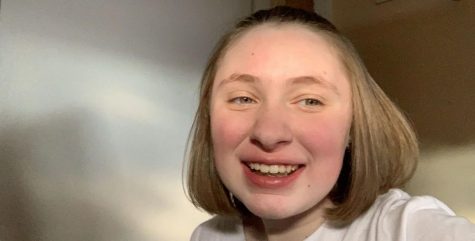
I am a member of the Class of 2024 as well as a managing editor for Horizon. I like to write, read, sing, and act. One fun fact about me is that I love...

